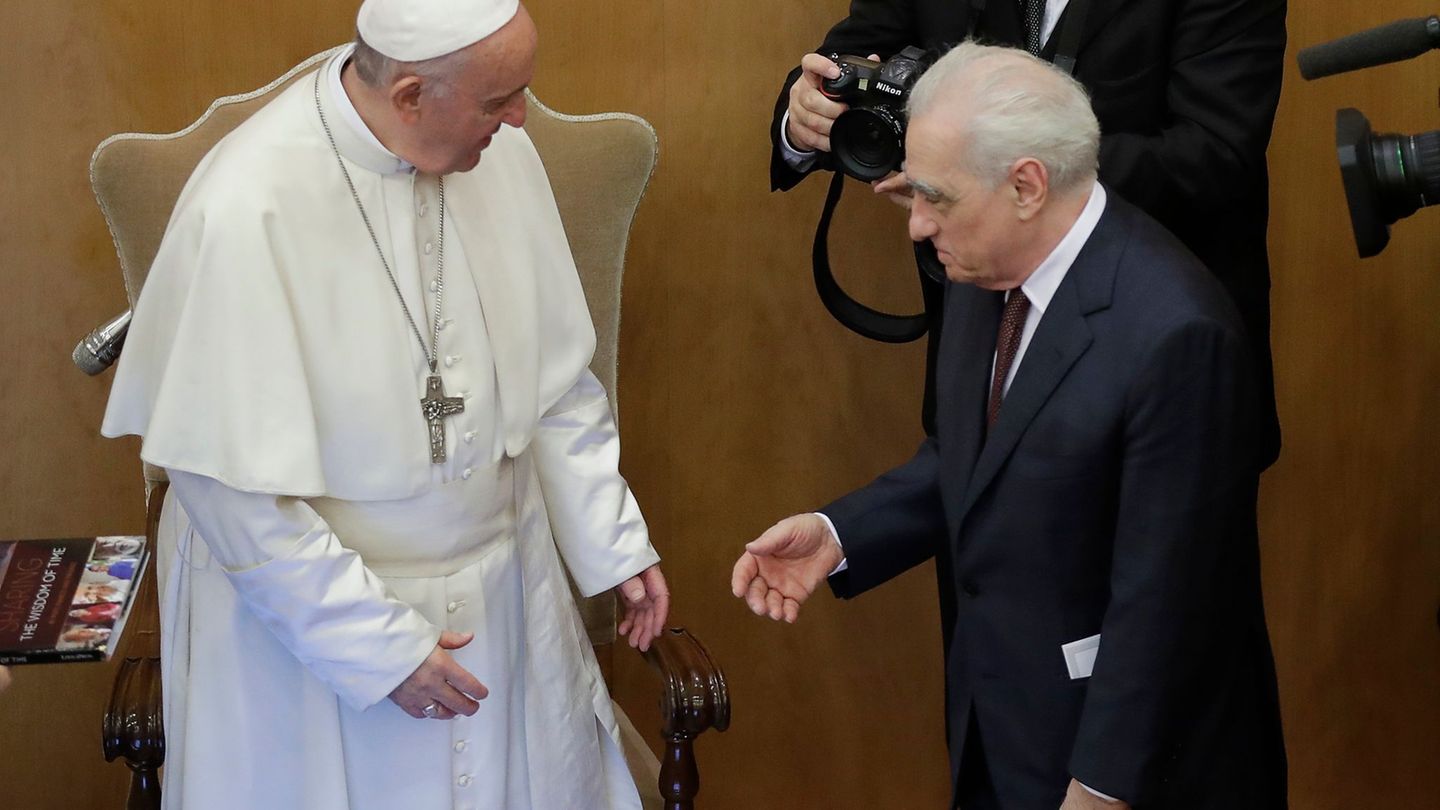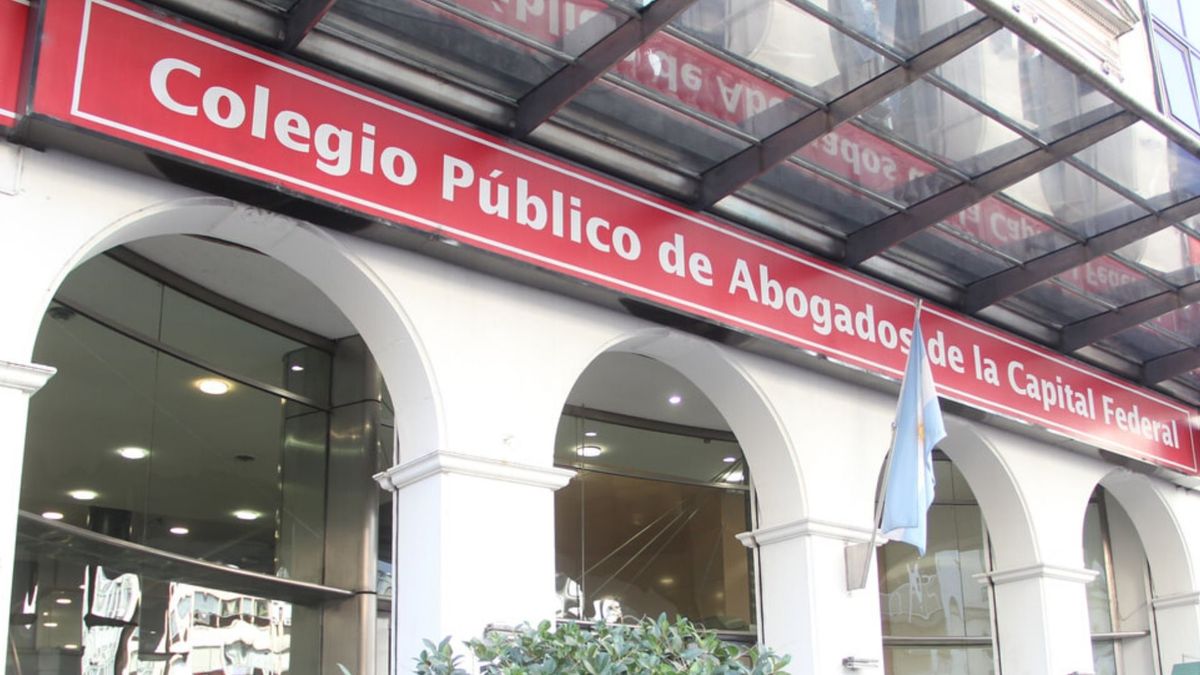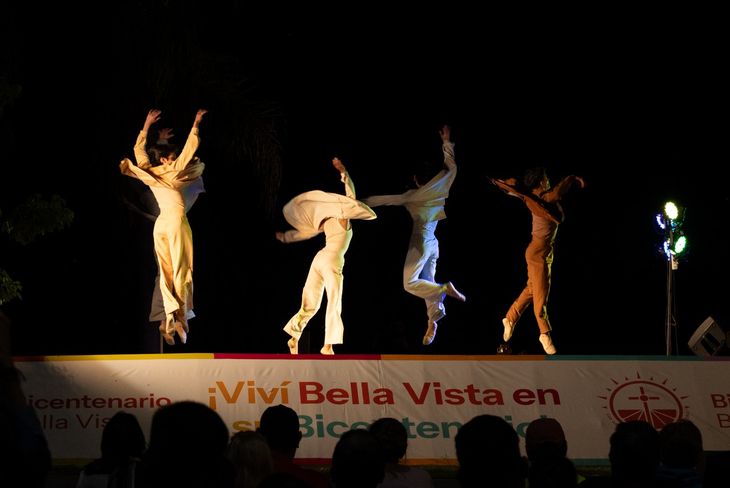Tired Green delegates fight their way through the marathon party conference in Karlsruhe with perseverance. It is only on day three that they actually start with debates and decisions on the European election program.
“Where is Baden-Württemberg?” calls Green Youth leader Katharina Stolla from the stage into the cold hall. The delegates from the regional association raise their arms in celebration in the huge conference room in the Karlsruhe Trade Fair.
Stolla’s attempt to create a good atmosphere at the federal Green party conference is not only necessary to dispel fatigue after a long night session with dozens of votes. The current unpopularity of their traffic light coalition with the SPD and FDP and new distortions at the EU level are also hurting the Greens, who may be relying more on European solutions than any other party represented in the Bundestag.
Baerbock: Europe as “our life insurance”
Right at the beginning of the debate on her party’s program for the European elections, co-federal chairwoman Ricarda Lang emphasized that “Europe is not something that is done on the sidelines, but rather the basis of our political action.” Foreign Minister Annalena Baerbock describes Europe as “our life insurance”. Europe is also a place of longing for many Greens, where one’s own politics can be pursued – or at least formulated – without any consideration of actual or possible coalition partners.
But in practice, some of what is currently being negotiated at EU level is becoming a stress test for the Greens internally – similar to what the Union experienced in government responsibility from 2010 onwards, when, contrary to the beliefs of many German conservatives, new “rescue packages” were constantly being introduced. for Eurozone states threatened with bankruptcy.
“Our diversity is our strength”
For the Greens, the biggest problem issue at the moment is asylum policy, as can be seen at this party conference. “We must not agree to any further tightening of asylum law,” shouts Alicia Böhm from Stuttgart from the lectern, receiving thunderous applause. When the young delegate reported on her work in a center for refugees on the Greek island of Lesbos, emotions ran high, more so than during Annalena Baerbock’s subsequent speech. The Foreign Minister appeals to the delegates’ sense of reality and emphasizes that Germany, with its liberal stance on refugee policy at EU level, represents a minority position, just like the Greens in Germany.
When it comes to foreign policy issues, it sometimes becomes clear that unity in the European Union “is not a sure-fire success,” admits Baerbock. It was not just the Russian war of aggression against Ukraine that was a challenge. The EU is also being “tested in recent weeks by the situation in the Middle East, where – we have to be honest here too – we as Europeans have not always found a common language,” she adds. The federal government says less than most EU states about the proportionality of Israeli military operations in the Gaza Strip after the Hamas terrorist attack. Baerbock fails to mention that the federal government also occupies a minority position here. Instead, she wants to put a positive spin on the disagreement: “Our diversity is our strength.”
The fact that the members of the government and leading representatives of the Bundestag faction are promoting thinking outside the box and reaching out to potential voters beyond the classic Green Party supporters is sometimes not well received by the grassroots, such as those represented in Karlsruhe. Delegates demand that one should not define “prosperity” as a goal, but rather clearly state the limits to growth in the face of the climate crisis – but this initiative fails.
Only a third want the traffic lights to continue
Many party conference participants feel that Germany’s first chancellor, Konrad Adenauer (CDU), is quoted in the draft European election program supported by the federal executive committee as unnecessary pandering to conservatives. They have nothing wrong with the content of the quote: “The unity of Europe was a dream of a few. It became a hope for many. Today it is a necessity for all of us.” They care about the person. In the end, a majority supported the amendment and the passage was deleted from the draft.
The unpopularity of the government alliance between the SPD, the Greens and the FDP, which, according to the ARD Deutschlandtrend, only around a third of eligible voters want to continue, is only mentioned in passing in Karlsruhe. If you ask top Green Party politicians, you often hear that the traffic light coalition doesn’t communicate well and sometimes just doesn’t understand how to showcase its successes.
“It’s about the sausage,” says a sticker from the Greens from Thuringia that young delegates are handing out at the party conference. No, this is not about vegetarian nutrition in the land of bratwurst. Rather, they want to drum up support for a difficult election campaign. Current surveys see the Greens, who are part of the government in Erfurt, below the five percent hurdle in Thuringia and the AfD in first place.
Source: Stern
I have been working in the news industry for over 6 years, first as a reporter and now as an editor. I have covered politics extensively, and my work has appeared in major newspapers and online news outlets around the world. In addition to my writing, I also contribute regularly to 24 Hours World.




